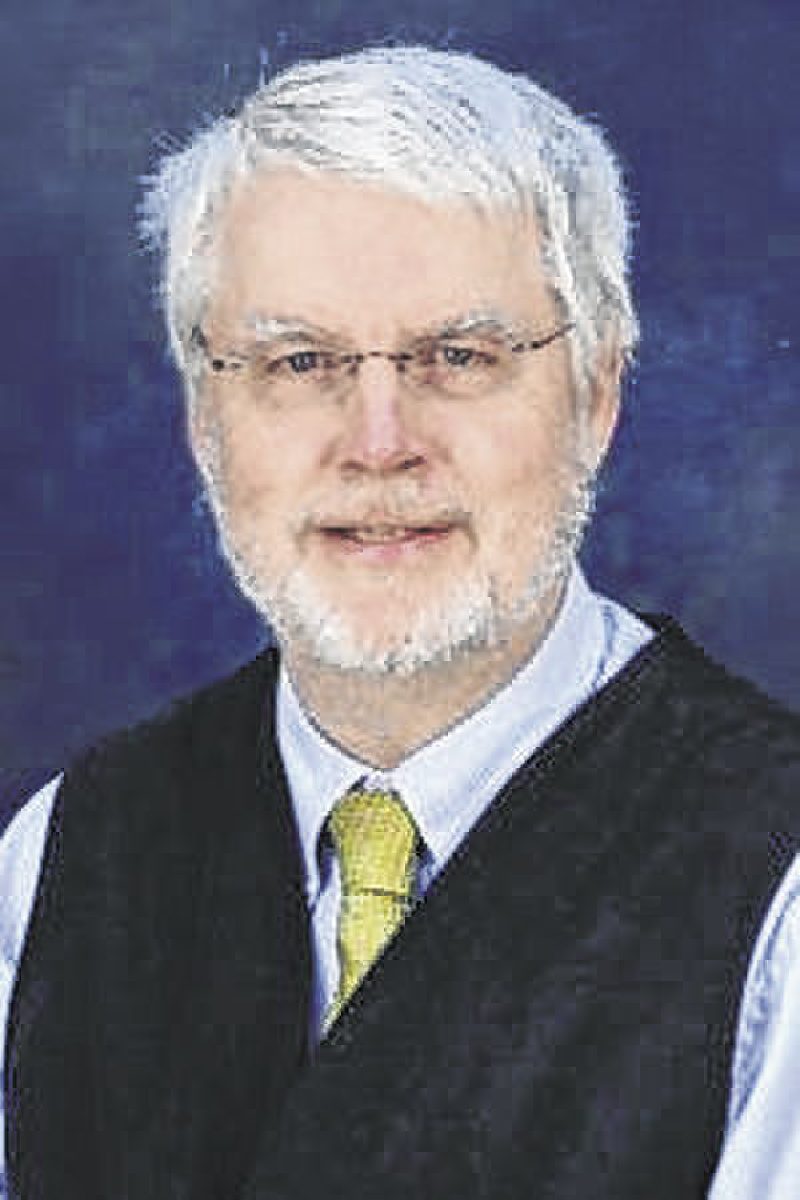Recently, I came across a news report about a school system in northern Wisconsin where the principal and teachers planned to include the Black Lives Matter movement as a topic in fall history classes.
The small towns of Northern Wisconsin might seem distant from the protests that have occurred since George Floyd’s death, but these towns are only a few hours away from Minneapolis where George Floyd was killed. These towns are also not that far from Kenosha, a city in the southeastern part of Wisconsin where Jacob Blake was shot seven times in the back by a police officer in August.
What made the news was the reaction of parents who objected to the topic being taught. By picketing outside the school, these parents put so much pressure on the school board that the high school was forced to withdraw the topic.
In my 41 years teaching, I also experienced occasions when students, parents, and, in one case, a minister pressured me to stop teaching a particular topic or point of view. One friend and colleague at another university had it much worse. Some of his students tape-recorded his classes to turn the tapes over to parties who were trying to force the university to forbid the teaching of certain ideas.
What troubled me the most in these experiences was being accused of misusing my authority to coerce students into accepting my stance on certain sensitive topics. My response was that I agreed that I had no right to force students to think a certain way. I did have the right and responsibility, however, to make students aware of the different perspectives on an issue.
I wasn’t surprised to hear the principal of the northern Wisconsin school try to make the same argument. History teachers in the high school weren’t teaching one perspective on the Black Lives Matter movement, but were helping students understand the complexity of this significant moment in our nation’s history.
I found the parents’ argument against including a unit on Black Lives Matter to be revealing. Their position was that a history class should teach students exclusively about the past, not the present. The present, in their view, is out of bounds. Names of presidents, dates of battles, and key figures in American and world history—that’s what the parents want to be taught. But not present reality.
What is curious is that my own generation, the age of these students’ grandparents, argued and protested in our day for the opposite position. Sensing that our courses avoided relevant “hot topics,” such as racism and war, my generation rose up, with sit-ins and teach-ins, and demanded change. My generation would have demanded that classes treat current events such as Black Lives Matter as an example of history unfolding.
Certainly, issues of race and social inequality must be dealt with sensitively in the classroom. But teachers are trained to facilitate discussions of such topics objectively. Teachers are also best able to help students practice civility when encountering divergent viewpoints.
The pressure exerted on the high school in the small northern Wisconsin town was, in the end, a form of parental censorship. The parents involved want their high schoolers to live inside a bubble. Of course, inside that bubble, the students would have a point of view on Black Lives Matter—their parents’ point of view. But these high schoolers would never be exposed to the various perspectives on the Black Lives Matter issue taught by competent teachers.
And that is the greatest tragedy in this story. Ignorance is not bliss. Willful ignorance is a form of poking out one’s own eyes—or, in this case, poking out the eyes of students.




